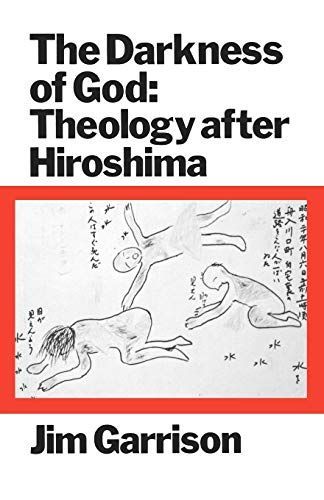
The Darkness of God Theology After Hiroshima
Why is it that after several thousand million years of evolving life on the planet earth, our species- in our generation - has brought this life to the verge of extinction through thermonuclear war? This, Jim Garrison argues, is the single greatest question of our age. The dangers need no emphasizing, and have already been starkly portrayed in his From Hiroshima to Harrisburg. Here the foCus shifts from scientific and political questions to the theological dimension. God, Dr Garrison argues, is in Hiroshima as he is in other saving events in history. The development symbolized by Hiroshima directs our attention beyond narrow sectional interest to the source of life which creates and sustains us all. God is at work even in the atom bomb, calling us to a transformation of consciousness and understanding. Hiroshima confronts us as never before with the demand that we should take the wrath of God seriously. God is the Go, d of all possibilities. And at the same time, we have taken upon ourselves that which the traditional view left in God's hands alone: the determination of apocalyptic judgment. This means that we must internalize theologically both the terror and the salvation of the traditional Judaeo-Christian concept of apocalypse as something that will not be done to us by divine fiat alone, but as something that might well be done by us through our own decision, God working divine wrath through our arrogance. How Hiroshima, apocalyptic, and the darkness of God at work in Christ crucified are related together form the theme of one of the most powerful pieces of theology of our time."